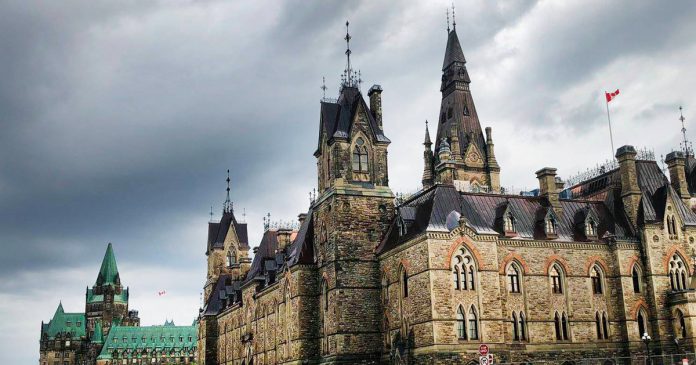Introducing a universal basic income (UBI) would cost the government over $85 billion and raise taxes on the middle class according to a new report from the Parliamentary Budget Office.
The report released on Wednesday estimates that providing a universal basic income would cost $85 billion if introduced this year, or approximately 25% of the federal budget.
The PBO based their model off of the 2017 Ontario basic income pilot project, which guaranteed working-age individuals and couples at least $16,989 and $24,027 per year, respectively. The model excludes giving guaranteed income to seniors.
While providing benefits to the poorest 40% of Canadians, the report found that the top 60% of households will actually lose money as the government would raise taxes and cut other benefits to provide UBI.
“Families with a single working-age adult between the second and fifth quintiles of the income spectrum incur the biggest loss among all families (a percentage loss between -9.5% and -2.7% for a single adult with children and between -7.0% and -1.4% for a single adult without children),” the report reads.
“This loss is incurred when active working individuals face an increase in taxes paid because of the elimination of many refundable and non-refundable tax credits with a relatively low GBI transfer”
The report also found that the total number of hours worked by Canadians would decrease by 1.3% as UBI-recipients would work less.
In recent years, the idea of promising a salary to people who do not work has been considered in leftist circles. In February, Liberal MP Julie Dzerowicz proposed a bill to study the implementation of UBI, suggesting the idea had support in the Trudeau cabinet.
According to the Fraser Institute, another possible version of UBI that is modeled after Old Age Security would cost up to $131.9 billion per year.
